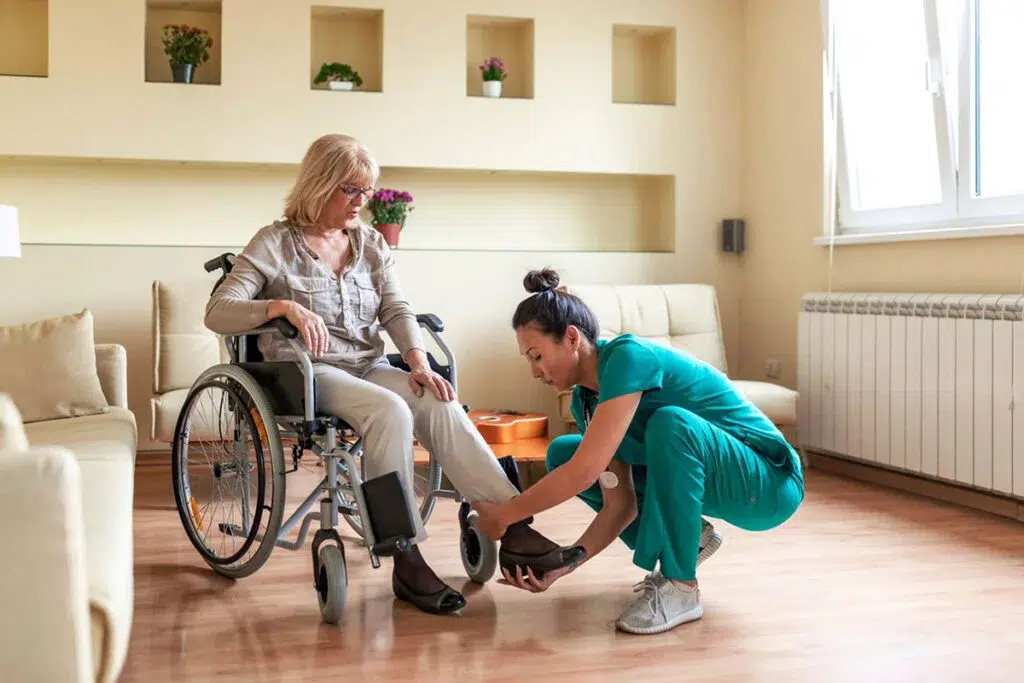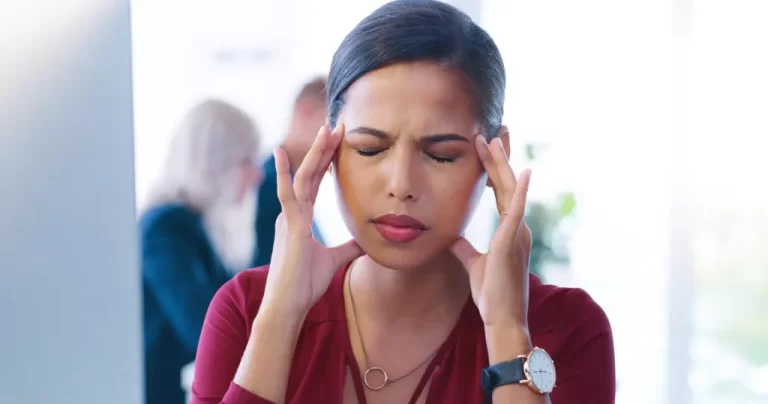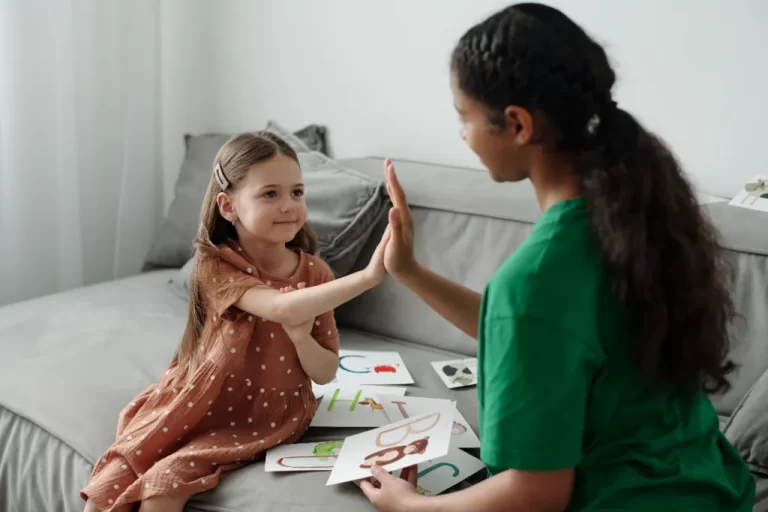What is a Physical Disability?
Physical disability is an umbrella term that covers various disorders affecting the stamina, movement, and overall function of a person’s body part. The symptoms of these disorders may affect the ability to perform everyday activities and make it difficult for the person to live independently.
Physical disabilities impair muscle control and cause difficulty performing body movements, such as standing, sitting, walking, and moving arms or hands. Furthermore, these conditions can involve pain, fatigue, and seizures. In their more progressive stages, individuals with physical disorders will likely need a complete care package to cope with the challenges of everyday life.
What Causes a Physical Disability?
The development of a physical disability may occur from birth or due to a disease (multiple sclerosis, muscular dystrophy, cerebral palsy) or a traumatic event later in life. Some individuals may have hidden limiting conditions like epilepsy, respiratory disorders, or heart diseases. Below are listed the most common causes of physical disability.
Congenital Disability
A congenital disability is defined as a disorder that is present from the person’s birth. It is sometimes hard to discover the exact causes of congenital disabilities, but they usually occur due to genetic, nutritional, infectious, or environmental factors. Congenital disabilities can have a mild to severe impact on the child’s developmental milestones. The most common congenital disabilities include Down’s syndrome, heart defects, and neural tube defects.
Acquired Injury
Unlike congenital disabilities, acquired disabilities aren’t conditions people are born with, but they develop due to an illness or accident during one’s lifetime. These disorders can be visible or invisible. Common examples of acquired disability include:
- Accident-related injuries – spinal cord injury, head trauma, loss of limbs (amputation), loss of vision or hearing
- Illness-related disability issues – post-traumatic stress, post-stroke issues, arthritis, multiple sclerosis, motor neurone disease, and several mental health disorders
Perinatal Causes
Perinatal causes of physical disability are linked to pregnancy and the childbirth process. For instance, premature birth may lead to various issues, such as cerebral palsy, vision and hearing impairment, and respiratory disorders. In addition to that, a brain injury may occur due to a prolonged lack of oxygen during birth.
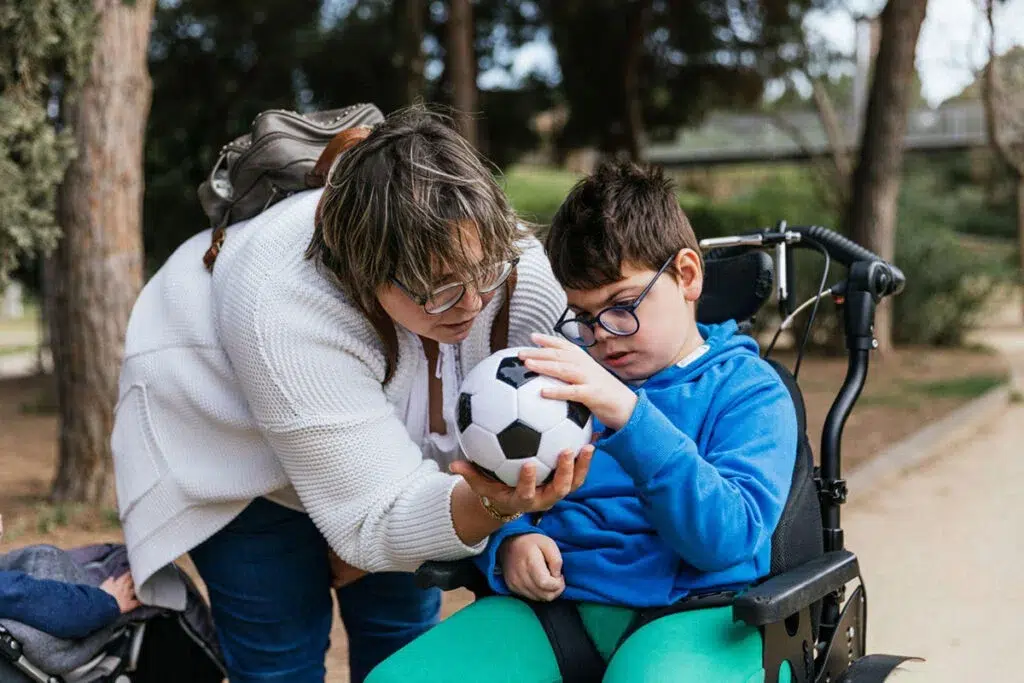
Types of Physical Disability
Various physical disabilities uniquely affect every individual. They can cause chronic pain, fatigue, seizures, mobility impairment, hearing loss, or vision loss. According to the body parts and systems they attack, physical disabilities are categorised into groups. Below are listed the main types of physical disabilities.
Musculoskeletal Disability
Musculoskeletal disabilities attack the person’s muscles, joints, and bones, causing muscle weakness (muscular dystrophy) and limb deformity. This leads to weakened control over the muscles and an inability to perform movements in different body parts.
Musculoskeletal disability issues include osteoarthritis, rheumatoid arthritis, low back injuries, muscle strains, tendinitis, and carpal tunnel syndrome.
Neuromusculoskeletal Disability
Neuromusculoskeletal disorders attack the nerves responsible for transmitting sensory information to the brain and controlling voluntary muscle movement. These neurodevelopmental differences lead to physical disability by preventing the movement of particular body parts.
Common conditions in this group of disabilities include spina bifida, spinal cord injuries, head injuries, cerebral palsy, stroke, and poliomyelitis.
Sensory Impairment
Sensory impairment refers to neurological conditions that impact the processing of sensory information in the human brain, such as vision, hearing, taste, touch, and smell. The impairment of this process causes a lack of input from one or multiple sensory resources. This leads to a significantly altered experience of the person’s surroundings. People with sensory disability issues may require complex care from trained providers in order to achieve integration in many areas of everyday life.
The most common sensory disabilities include:
- Blindness and loss of vision
- Deafness and loss of hearing
- Reduced spatial awareness
- Sensory processing disorder
Common Physical Disabilities
The most common forms of physical disability affect the person’s ability to perform movement and cause impairment in the function of various body parts. In general, these are the most common physical disabilities that can occur in children, young adults, and older people:
- Cerebral palsy – the most frequent motor disability that appears during a person’s infancy or early childhood years, usually due to premature birth or brain damage during fetal development in the womb. This condition affects mobility and posture, causing muscle weakness and stiffness. Individuals with cerebral palsy usually require a wheelchair, scooter, and other mobility aids.
- Epilepsy – a neurological disorder that affects the electrical activity in the brain and causes recurring seizures. Early-onset epilepsy typically occurs in children or older people but can develop at any age. Individuals can control their seizures and live a fulfilling, independent life with a proper diagnosis and medical support.
- Multiple sclerosis – MS is a potentially disabling condition that affects the brain and spinal cord. The abnormality in the central nervous system caused by multiple sclerosis leads to various symptoms, including fatigue, numbness, tingling, muscle spasms, vision problems, and impaired mobility.
- Spina bifida – a lifelong neural tube disorder that affects the formation of the spinal cord. This disorder is apparent at birth and causes symptoms since infancy, including back pain, motor dysfunction, and disc herniation. Although living with spina bifida is difficult, quality treatment and support can help individuals with this condition live fulfilling lives.
- Spinal cord injury – this term covers all forms of physical disability caused by a traumatic event affecting nerves in the spinal cord. Spinal cord injuries can result in a wide range of symptoms, such as loss of mobility, bladder control, impaired balance, muscle spasms, and breathing difficulties. Individuals with a spinal cord injury require top-notch medical attention on their pathway to healing and independence.
- Acquired brain injury – includes all types of brain damage that occur due to a traumatic blow or an illness (stroke, tumour, brain infections) after birth. Brain injuries can cause various cognitive issues, such as headaches, difficulty focusing, memory loss, slurred speech, impaired communication skills, and altered behaviour. Patients need interdisciplinary treatment after a brain injury, including speech therapy, occupational therapy, and cognitive-behavioural therapy.
- Arthritis – an umbrella term for hundreds of conditions that cause swelling or inflammation in one or multiple joints in different body parts. Arthritis can run in the family or occur due to metabolic conditions and issues with the immune system. It may cause pain, stiffness, redness, swelling, and decreased mobility of the affected body part.
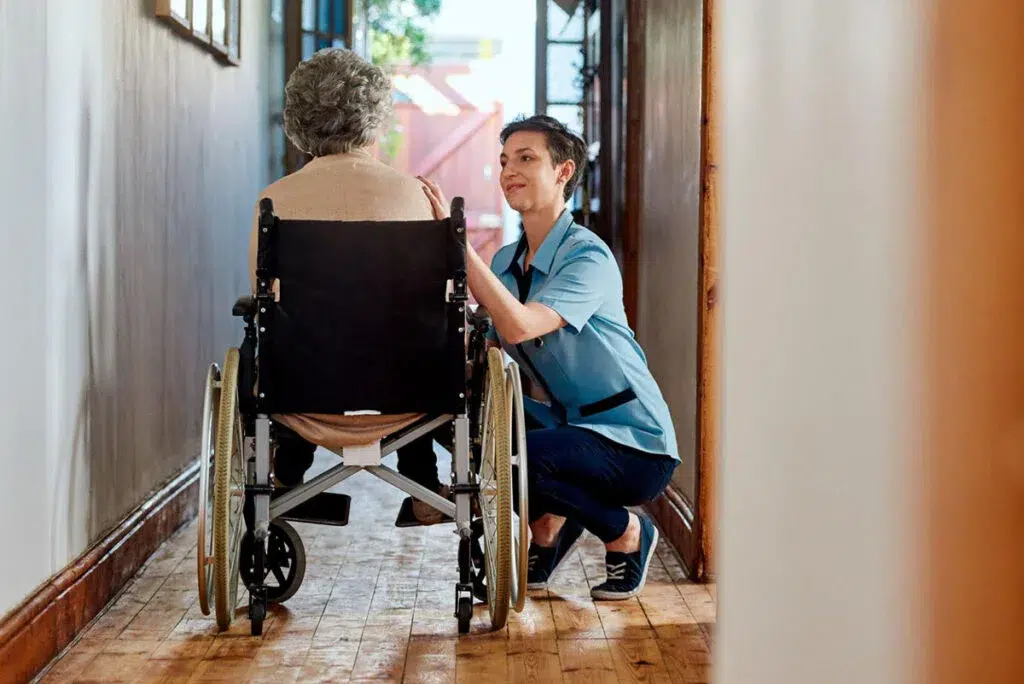

Treatment and Support for People with Physical Disabilities
Living with a physical disability can be an isolating and challenging ordeal. However, access to adequate support services allows people with disabilities to live independently and be an active part of their local community. With complex care at home, people with physical disabilities may achieve their full potential while staying close to their loved ones in their familiar surroundings.
The level of support required depends on how severe the disability is. Some individuals need assistance from one specialist or a primary care physician, while others may need a complete team of experts in several aspects of care (such as physical, occupational, and speech therapists). In some cases, physical disability affects the mental health of the individual, so a mental health professional should be added to the team.
If your loved one is diagnosed with a physically disabling condition, e.g. multiple sclerosis, they are entitled to specialist care from an expert team. Individuals with physical disabilities can benefit from physiotherapy, occupational therapy, and speech therapy, among other types of treatment. The specialist team will outline a care plan that caters to the patient’s specific health needs.
How Unique Community Services Can Help People with Physical Disabilities
At Unique Community Services, we provide high-standard, CQC-regulated care for children and adults with complex needs. We aim to support people on their journey to independence and integration within their community. Our clinicians are trained to provide person-centred, humanised care that prioritises the needs of the individual and their family.
The UCS team delivers care services in Bristol and the Manchester. If you are searching for a care provider for yourself or a loved one, reach out to us, and we will create a care plan according to your needs and preferences.

